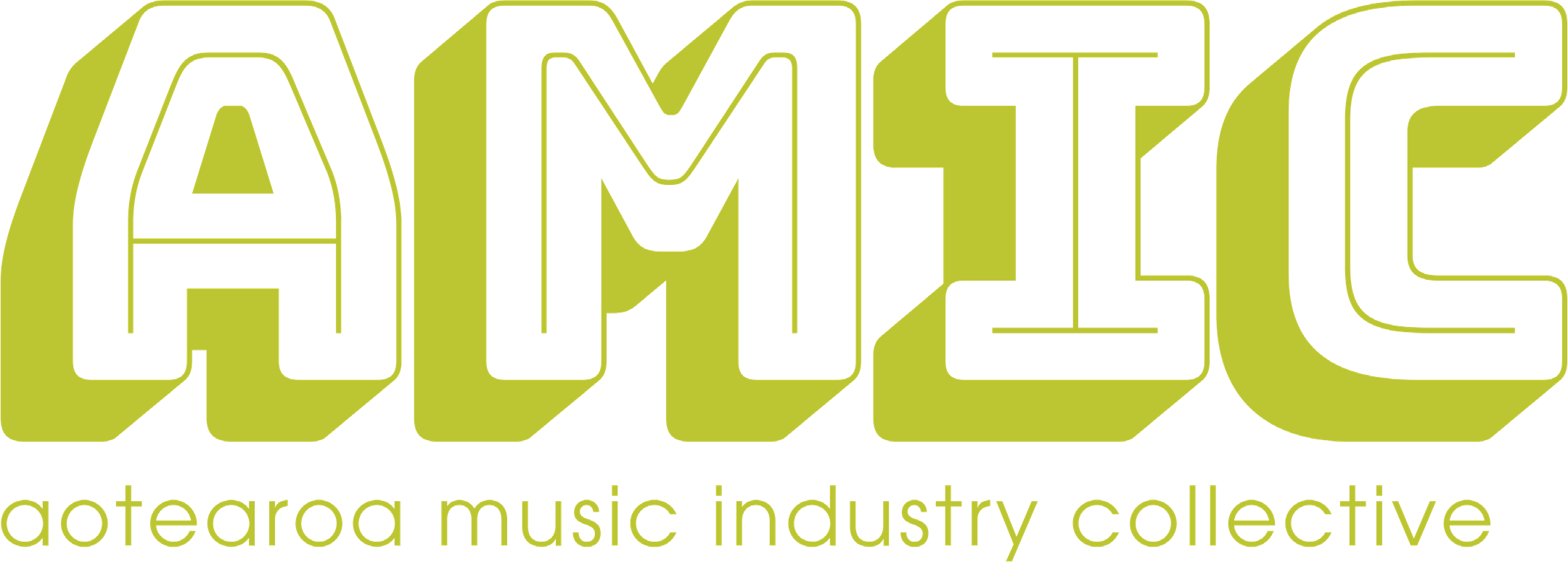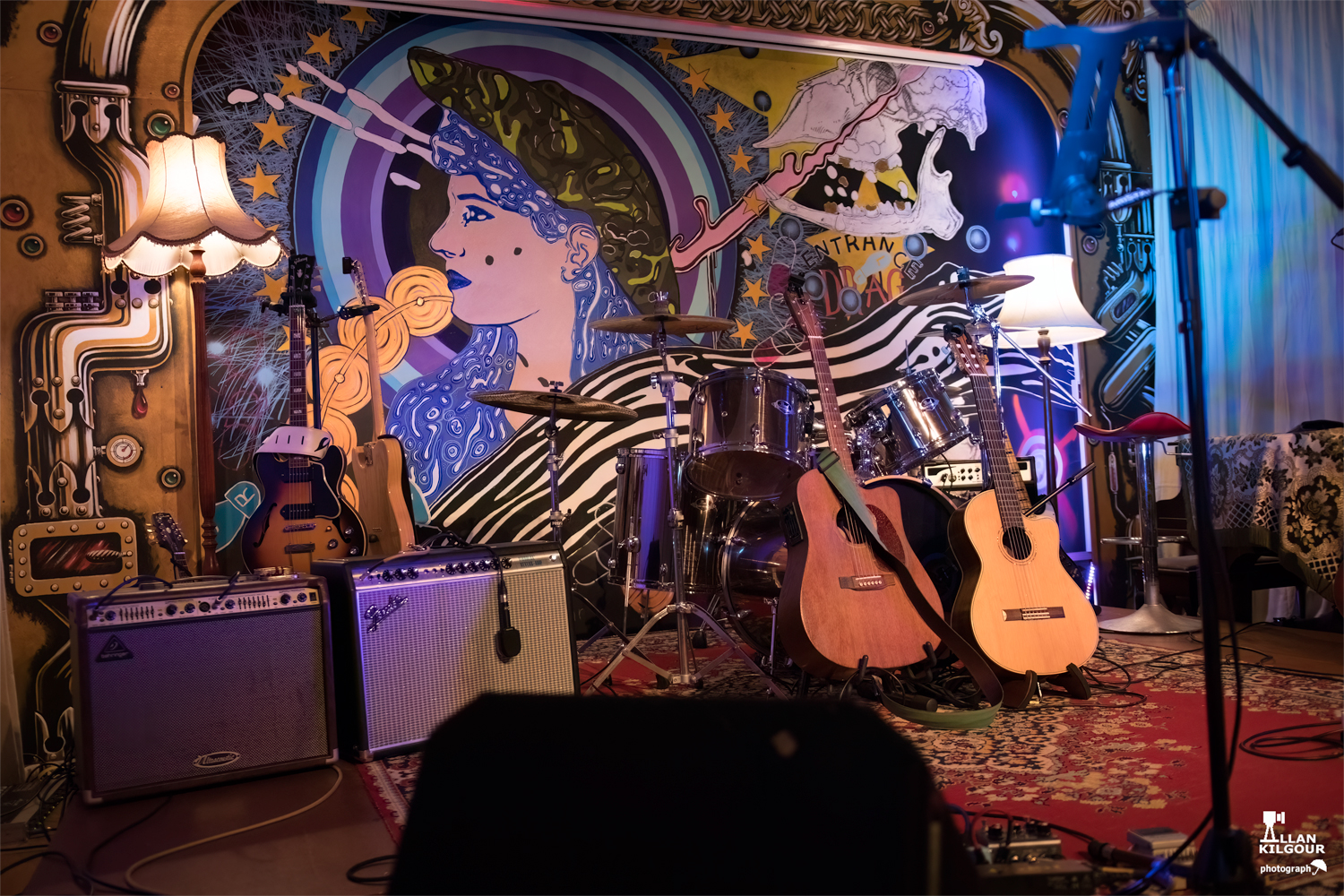Being interviewed can be daunting, especially to those who are not used to answering questions on the go. This article looks at some things you can do to help prepare.
Requesting Interviews…
You can reach out to request interviews at the links below:
You are more likely to receive a response to your interview request if you contact publications that specialise with music from within your genre.
When requesting an interview you should:
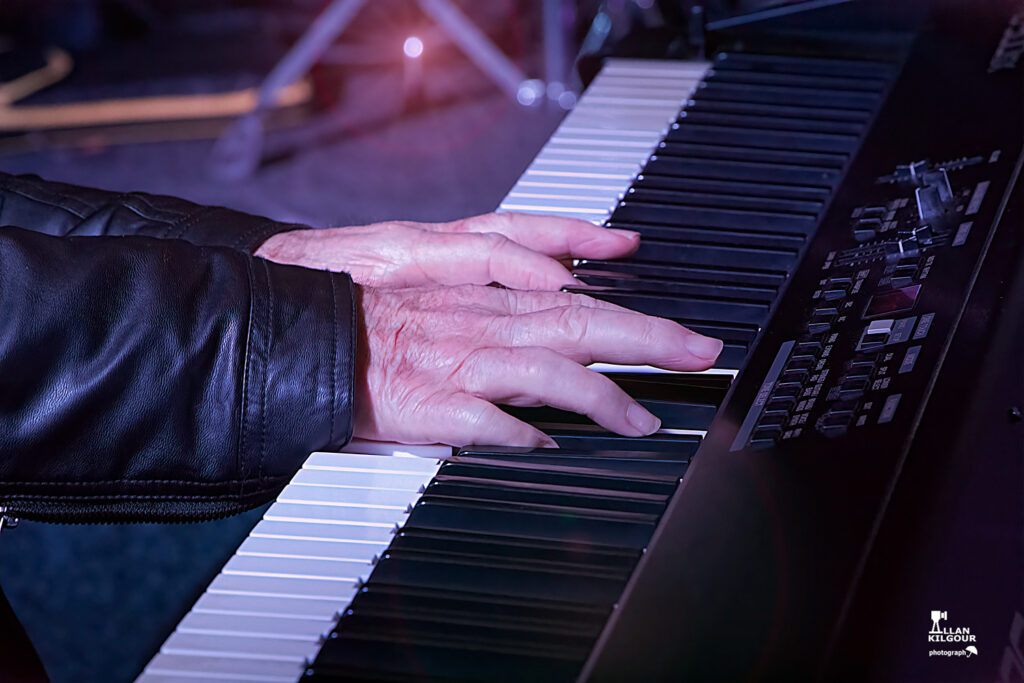
- Ensure the subject of your email is clear and to the point. It should mention your band or musician name.
- Provide a link to your biography and/or EPK.
If you don’t have an EPK, consider making one first. A simple word document or PDF with a band logo, band photo and a blurb about the band with a few hyperlinks to resources which have your music is all you need. Interviewers will also appreciate the links for researching your band. - Give a reason for the interview – are you going on tour or releasing new music?
- Provide further contact information if available – a phone number for direct text etc.
Different Types of Interviews…
Interviews can be conducted in a number of different ways, each with their own advantages:
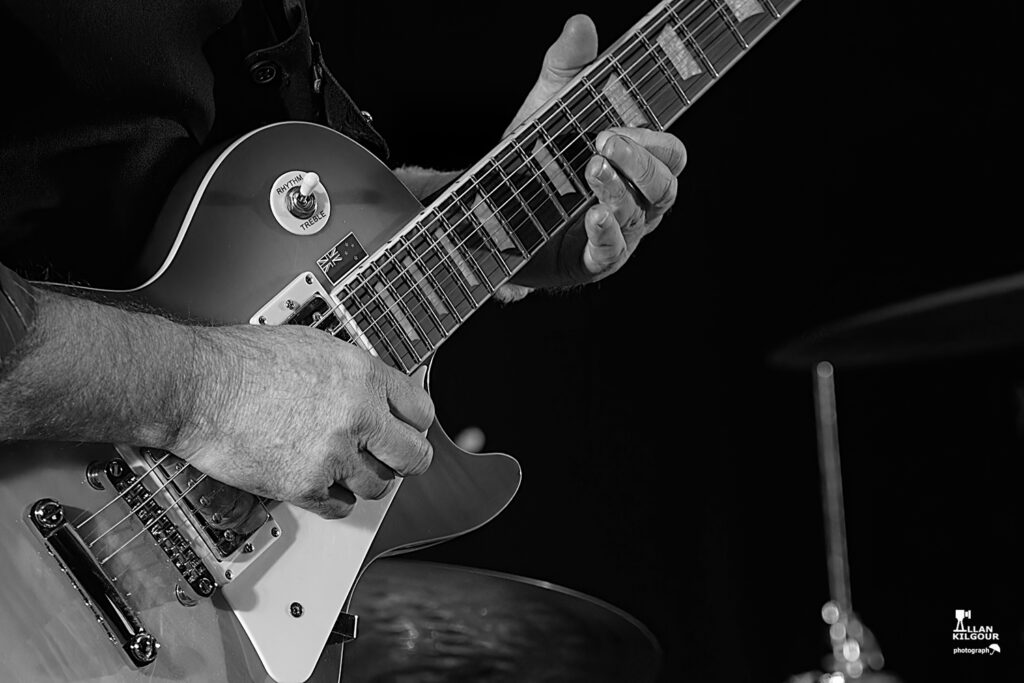
- Email Interviews: Ideal for people who prefer to not be in front a camera, or when other commitments make it difficult for you to commit to a specific interview time. A simple list of questions to type out answers to at your leisure.
- Face-to-Face Interviews: May involve travel, which can make logistics tricky. You could be interviewed at a local café, a recording studio, or even at your own house.
These are text based interviews, but the face to face aspect can make the human aspect of the interview shine through.
- Video Interviews: A great option if you don’t live in the same city or country as the interviewer. Done from your home without the need to let a stranger into your house.
These usually offer the most convenient balance of interaction and comfort.
Preparing For The Interview…

As very little preparation is needed for an email interview, the following pointers are mainly for Face-to-Face and Video interviews:
- Prepare for obvious questions, such as describing your sound, plans for the future or inspiration for a certain lyrical theme etc.
- Ask the interviewer to email the questions through to you first if possible, as this will give you the opportunity to work out your answers in advance.
- If you think the interviewer has missed something important, let them know.
- Ask how long the interview will take.
Online Video Interview Tips…
An online video interview is usually via webcam, using software such as Zoom.
To help ensure an online video interview goes smoothly, you can:
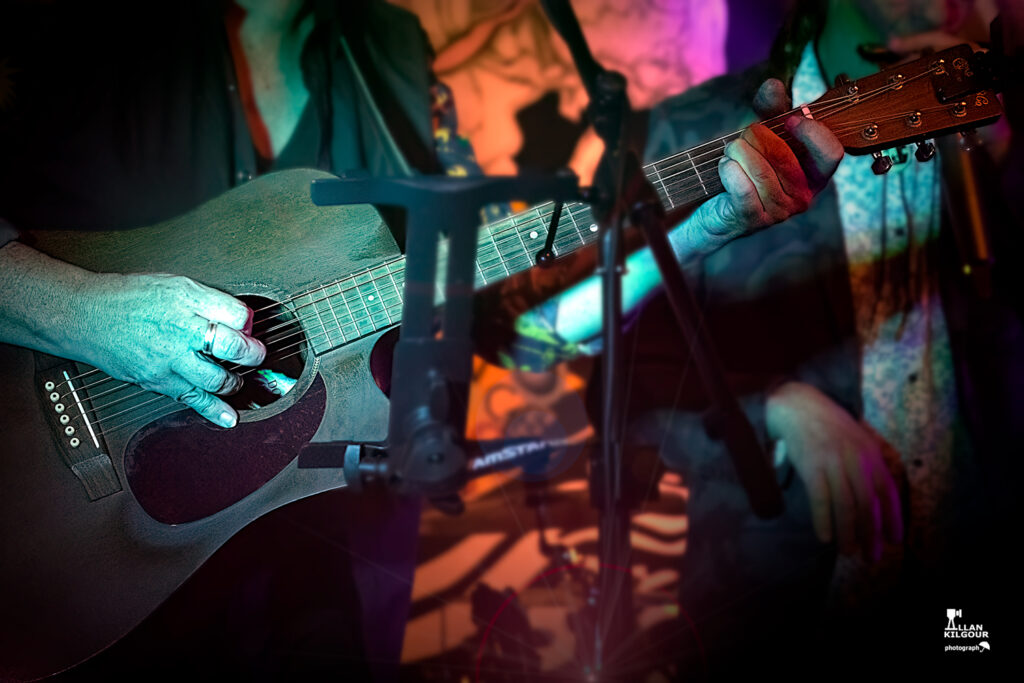
- Place a light source (such as a small desk lamp), behind the camera to illuminate your face. This will improve on the quality of the webcam image.
- Ensure there are no bright lights above or behind you, as this will affect the white balance of your webcam.
- Be mindful that parts of the room you are in will be visible in the video, so give it a quick tidy and make sure there’s nothing in the background that you don’t want seen.
- If more than one person is being interviewed at the same location, ensure that your camera is positioned so that everyone can fit in. Band members can also be interviewed in different locations, each with their own webcam set up.
- External noise can be picked up by your webcams microphone so, whenever possible, close windows and doors etc.
- Give consideration to what you are wearing, particularly with colours – all white, black and green don’t always work well on camera. It’s also a good idea to avoid wearing the same colour as your background. But wear what feels comfortable, of course.
Other Interviewing Tips…
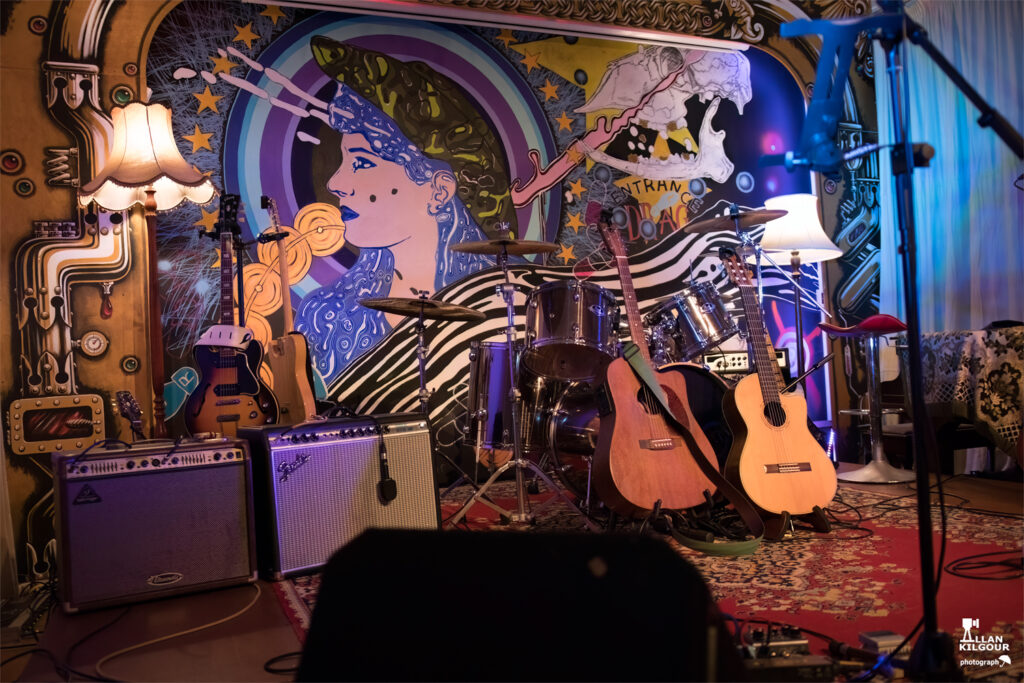
- Try to find the sweet spot between answers that are too brief or too long. Maybe imagine you’re in a standard social conversation and use those social cues to help.
- Find out when your interview will go live and keep an eye out for it. Share it on your socials, thanking the interviewer as you see fit. They are unpaid volunteers, providing a free service to musicians and thanks is always appreciated, though not expected.
- You may be able to see the interview before it goes live, so feel free to ask if this is possible, if you would like to see it beforehand.
- Ask for clarification if you don’t understand a question. It’s OK to make mistakes and correct your answers during an interview. Relax, be yourself, and take your time.
If you have further questions or concerns, feel free to discuss them with the interviewer before the interview begins. It’s totally fine to get clarification about things you might be unsure of. Most interviewers will want each interview to be a comfortable and positive experience for everyone involved.
Many thanks to Will Stairmand from The Distorted Transmission for helping with this article.
